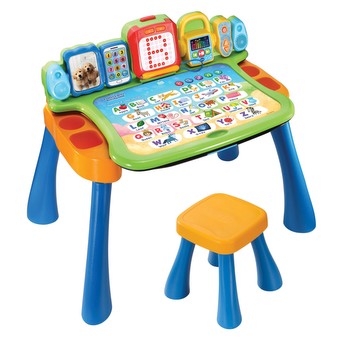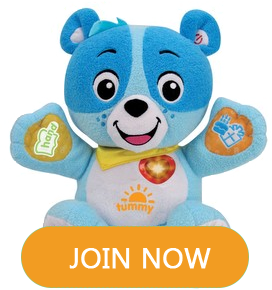Why Join VTech Club?
Joining is free, fast and full of great benefits, such as:
- Promotions and offers
- Monthly £1,000 prize draw*
- Regular competitions
- Special offers for our members
Added benefits
- Register your VTech products
- Apply to be a Product Tester
-
Shop
AgeBaby MonitorsBy BrandMore Ways To Shop
- Brands
-
Downloads
Learning LodgeLearning Lodge AppsIOS AppsAndroid AppsDigiart
-
Parents
VTech Club Sign-up
- Customer Support
Consumer ServicesAbout VTechFirmware UpdatesContact Us - Customer Support
Shop
Age
Baby Monitors
By Brand
More Ways To Shop
Brands
Downloads
Learning Lodge
Learning Lodge Apps
IOS Apps
Android Apps
Digiart
Parents
VTech Club Sign-up
Parenting
Community
Customer Support
Consumer Services
About VTech
Tutorials
Firmware Updates
Contact Us

3-6
YEARS
Touch & Learn Activity Desk
£69.99
Temporarily out of stock
Developmental Benefits
Touch & Learn Activity Desk

- Encourages fine motor skill development.
- An infant’s growth and development in the first year of life is rapid. Many movements that young babies make are in preparation for the next stage of their development. When young babies watch a mobile they are constantly moving their head, arms, legs and even their mouths in response to the movement of the toy. Sound and movement attract a baby’s attention; if a toy is placed almost within reach of babies their movements become more animated. Bath toys provide opportunities to develop and use motor skills to great effect. For example, a young baby has greater control over their leg movements than their arms. You will often see young babies in a bath reaching with their legs towards a floating toy and kicking. All these movements strengthen muscles in readiness for the next stage - walking.
As babies develop they become more adept at grasping objects. Young infants learn to grasp an object, for instance a cube. The grasping, at first, is quite clumsy but through repetition, and across time, infants become adept at grasping and develop fine motor skills. Infants first use the ulnar grasp where their fingers close against the palm when trying to hold an object. Within another month they are able to move the object from hand to hand. After the first year, infants adopt the ‘pincer grasp’ where they use their thumb and index finger to grasp even very tiny objects. Shape sorters help infants to fine tune their visual perception and hand coordination. Soon infants are building towers with two cubes; this also requires fine coordination skills. As the child grows computer games have been shown to help with hand and eye coordination. Spatial skills can also be enhanced when playing games that require concentration, quick responses and finely tuned motor skills.

- Heightens curiosity and encourages exploration.
- Even young babies love to learn about the world through exploration. Kicking and waving their arms while lying in their cot can lead them to discover that a kick can make a banging sound. Exploration and play are closely linked in infants where, for example, discovering that a toy makes a noise leads to infants repeating the action that made the noise. Babies learn a great deal through repetition. Once babies are either crawling or walking their mobility gives them more opportunities to explore their world.<br /> Babies need to satisfy their curiosity about an object or toy by approaching and handling it. Adults can influence an infant’s confidence about the world by encouraging and smiling at them when they approach an unfamiliar object or toy. Babies can show uncertainty about a new toy and in order for them to confidently explore and discover it they need the emotional reassurance from their parent or caregiver. The confidence to explore and discover new things develops during infancy and creates a healthy curiousity about the world throughout childhood.

- Games and voice prompts allow children to control the pace.
- Early play in infants tends to be solitary or takes place alongside other children. Young children learn how to interact with other children through play but they can also explore and learn independently. The initial play experience for infants is when they begin to explore through moving and acting upon the world. Many toys offer infants the opportunity to learn more about their world. Young children will sometimes act out some aspect of their lives e.g. going to the shops and then they involve their toys in these activities. These young children are playing independently but they are also reinforcing their understanding of the social world by acting out scenarios.<br /> Young children can consolidate their existing skills by repeating actions whilst playing a game. Learning to play independently has its benefits, for instance, children using an educational game can control their own pace. Children sometimes choose to work independently in order to build up their confidence. Toys and computer games that facilitate independent activity at the right level for the child enhance problem solving skills and increase hand and eye coordination. Although cooperative play increases during childhood, children still spend the equivalent amount of time in solitary or independent play.

- Introduces the alphabet, letter sounds and vocabulary.
- Babies start to babble at an early age and this can be seen as the first signs of language. They are predisposed to pick up the sounds of the language that they hear around them. Adults can facilitate babies’ language development by playing with them, focussing on particular toys, reading books and naming everyday objects. The more babies are exposed to language the faster they will begin to pick up it up. There are social skills involved in language acquisition such as realising that it is necessary to wait until the other person has finished speaking. Babies begin to learn about conversational turn-taking from an early age; if a baby is babbling the adult waits for a pause and then talks to the baby. Babies learn to take turns even before they are using words. Social interaction is important for language development and turn-taking games are a fun and educational way for babies and young children to learn.<br/ > Young children also need to practice their language skills. Toys that name alphabet letters and everyday words satisfy young children’s need for repetition and rehearsal when practicing words and sounds. For instance, young children can press a button repetitively to hear the same sound or word again. Babies and children learn a lot through repetition and pick up words rapidly in this way. Once children begin to read their vocabulary expands enormously.
- Touch, draw, learn and write on the Touch & Learn Activity Desk by VTech
- Features interactive desktop and 4 double-sided touch pages that introduce letters, phonics, numbers, body parts, animals, music, shapes, colours, seasons, the classroom, town and more
- Light up writing pad with stylus for letter & number writing
- Toy phone teaches greeting phrases through pretend play
- Music player plays over 20 fun pop and classical songs
- Easy transformation from easel to blackboard and includes stool
Best for ages:
3 to 6 Years
Highlights
Four-in-one desk includes an interactive desktop, stylus and 4 double-sided touch pages that teach pre-school curriculum. Interactive LED display teaches letter and number stroke order.
Description
The Touch & Learn Activity Desk by VTech® is a four-in-one desk that features writing pad, desk, blackboard and art station! Desk includes an interactive desktop, stylus and 4 double-sided touch pages filled with engaging content including letters, numbers, music, colours and much more. It also transforms from a desk into an easel and blackboard with plenty of storage space for art supplies to encourage play and discovery. The interactive LED display teaches letter and number stroke order. Also includes fun toy phone and music player featuring over 20 songs. Enjoy hours of fun as you create, discover and learn!
- Product Number: 80-195803
- 4 x AA Batteries Required
- Customer Support
- Learning Lodge on
macOS 10.15 - FAQs
- Contact Us
- Product Safety Message
- Privacy Policy
- Cookie Statement
- Vulnerability Disclosure Policy
- Delivery Detail
- Website Terms & Conditions
- Learning Lodge Terms & Conditions
- Kid Connect and KidiConnect Terms and Conditions
- eWaste & Battery Recycling
- Product Warranty
- Returns Policy
- Modern Slavery Statement
- Right to Erasure Request Form
- Site Map
- About VTech
- Expert Panel
- Careers
- Sustainability
- Tax Strategy
- Climate Positive Workforce
- VTech Global
- VTech Canada
- VTech US
- VTech Phones

©2025 VTech Electronics, All Rights Reserved.



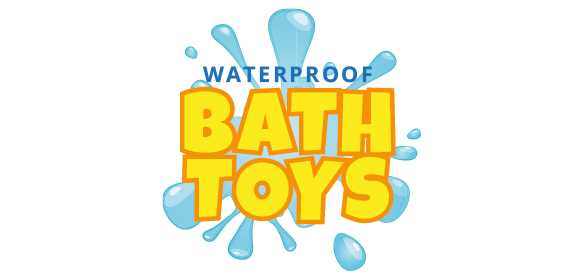
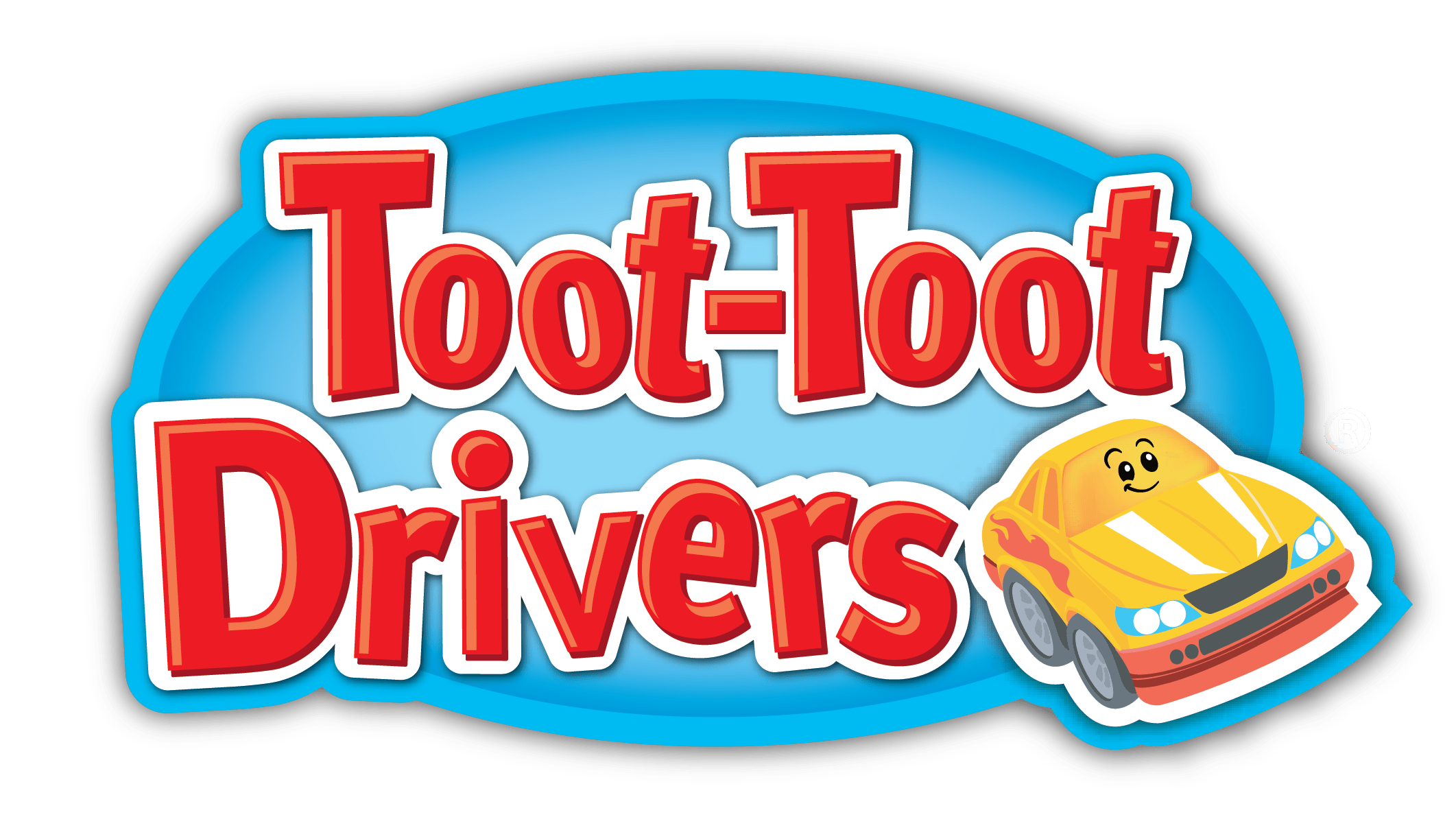



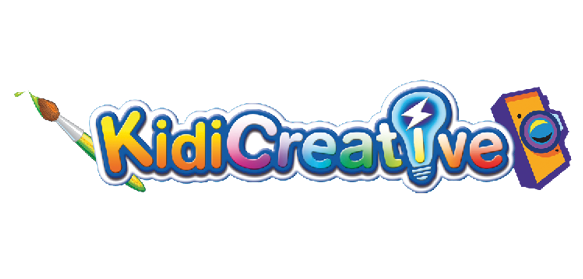

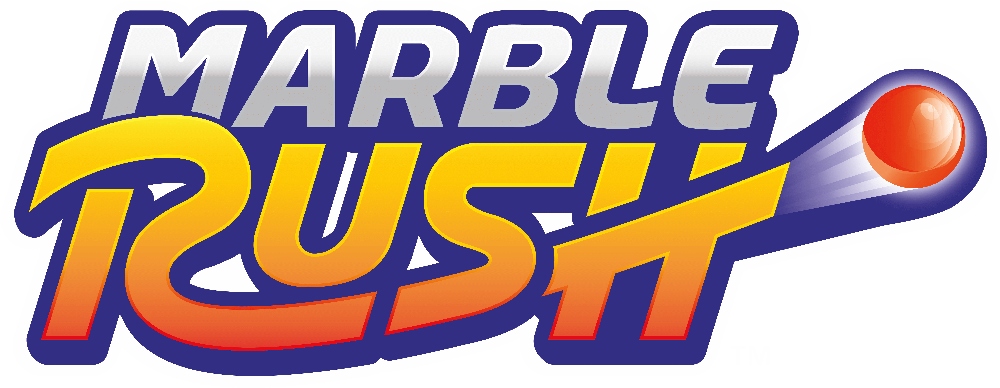
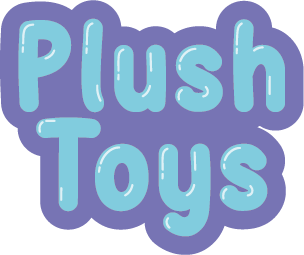
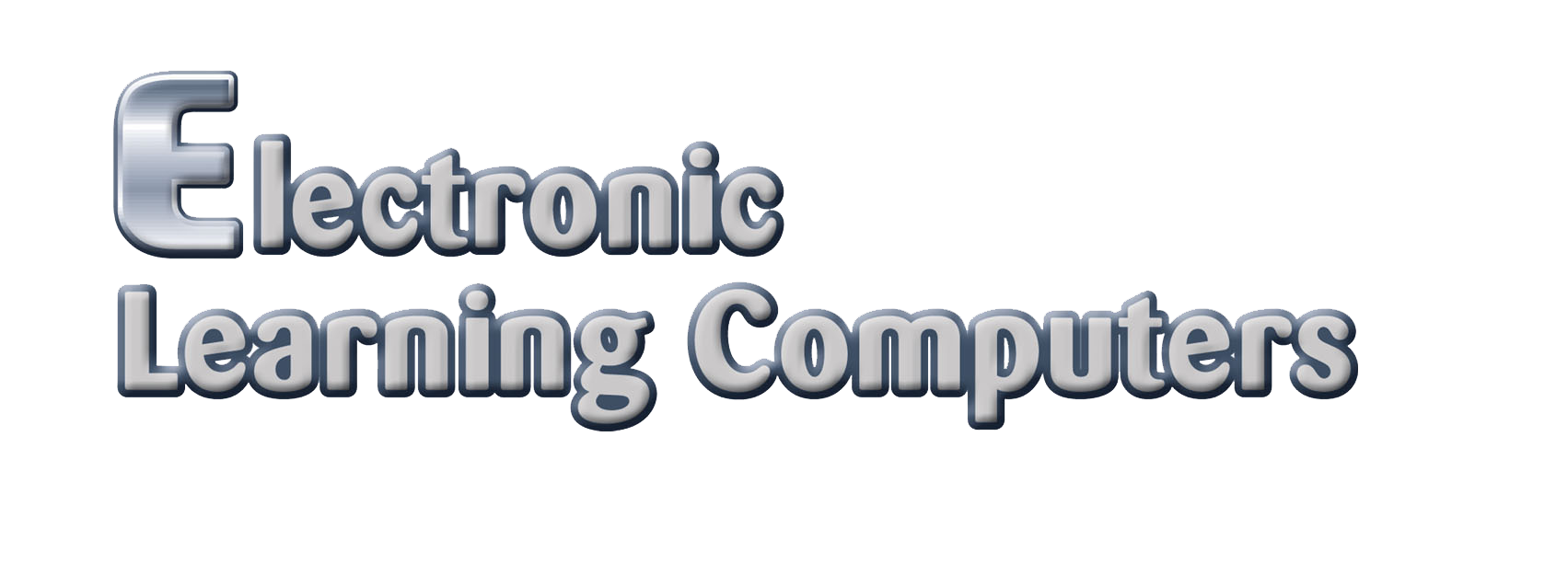
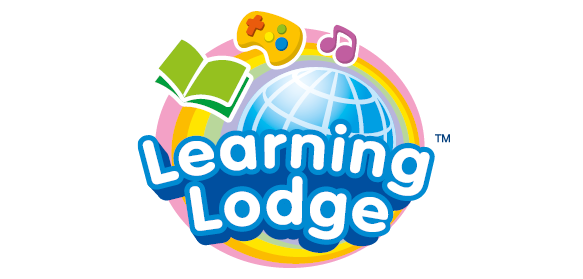 Download
Download

